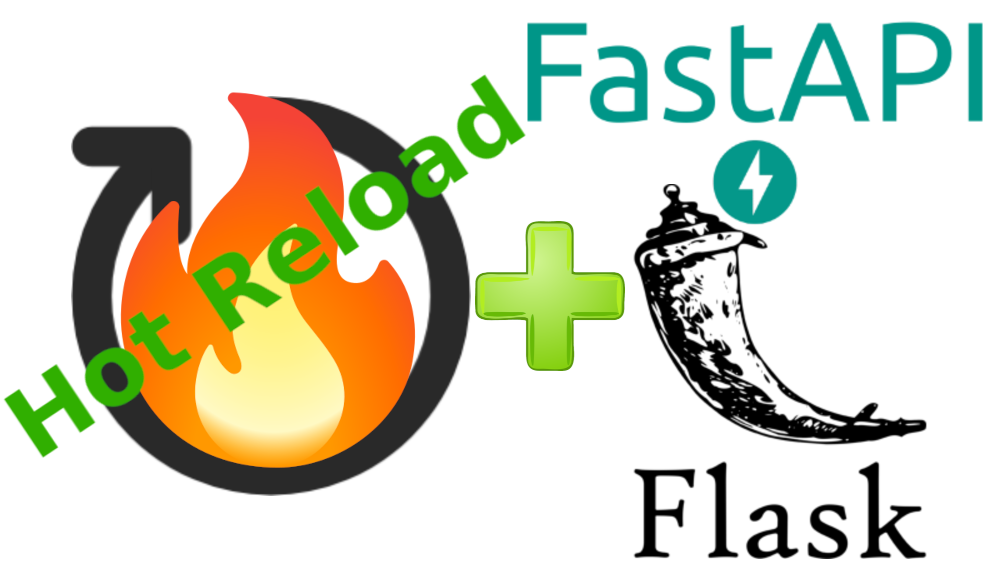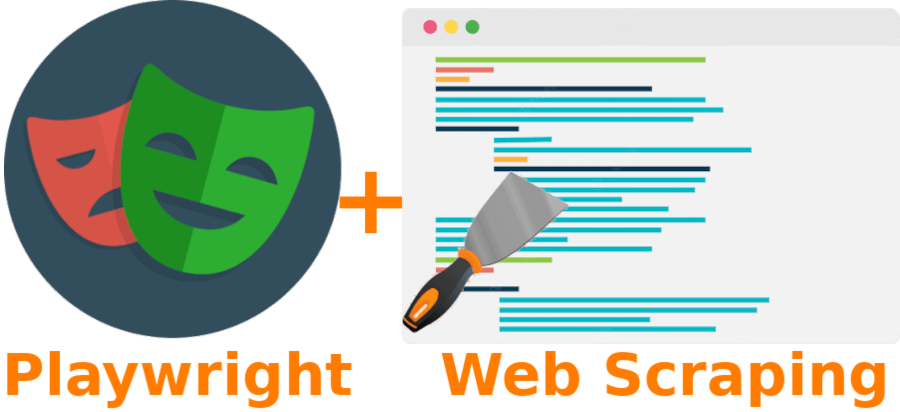Blog Posts by Date | tag: 'flask'
How to hot reload FastAPI and Flask apps on HTML, CSS, and Javascript changes
November 16, 2023 / 5 min read / 12,143 , 1 , 2

In this tutorial, I'll show you how to automatically hot-reload your FastAPI and Flask projects that use template engines like Jinja with web servers like uvicorn or gunicorn. After reading, you will be able to automatically restart your server and refresh your browser when Python, HTML, CSS, and other files change—no manual intervention required.
Python web scraping with Playwright
December 14, 2022 / 22 min read / 7,964 , 1 , 0

Web scraping is the concept of programmatically collecting data from a website. This article will discuss using Playwright for python web scraping. The most popular web-scraping packages for python are requests and Beautiful Soup used together. This combination is potent and straightforward to use for most web pages. However, the use case has limitations because the combination relies on making server requests and reading the static HTML returned. It can be challenging to scrape single-page applications (SPAs) or websites where the objects to scrape are only available after some javascript interactions. Playwright circumvents these limitations by interacting with web pages like humans to find the data that needs scraping.
Cookies with the Flask web framework
October 18, 2022 / 12 min read / 7,241 , 1 , 0

Cookies! 🍪🍪 Tasty snack or valuable web development tool? 🤷♂️ For our context today, cookies are small pieces of data sent from the server to the client. The client's browser stores cookies locally and then sends the cookies back to the server with every request. Cookies are used for a variety of purposes, including session management (who's logged in?), keeping track of user settings (use dark mode?), and tracking user behavior (website analytics, ad targeting). In this tutorial, we'll talk about how to manage cookies with the Flask web framework. We'll go over setting, updating, retrieving, and deleting cookies in Flask routes.
Easy and flexible flask login with authomatic and mongoengine
July 12, 2021 / 47 min read / 9,269 , 6 , 3

Many users like the simplicity of clicking one button to register and/or
log into a website using one of their existing logged-in accounts on another
website such as Facebook or Google. This is OAuth user authentication. But
sometimes users don't have those other accounts so it's good to provide them
with a full-proof means of logging in to a site. That's username/password
authentication. Well for your site why don't you give users both options?
In this article, I'll talk about how you can log in and register users for your flask application with flexibility by allowing either OAuth2 or username/password authentication. We'll be using Flask for our web framework, MongoDB for our database, and authomatic for our OAuth authentication framework. But if those don't apply to you, don't fret! Many of the concepts discussed here can be applied to your web stack too!

 Verdant Fox
Verdant Fox